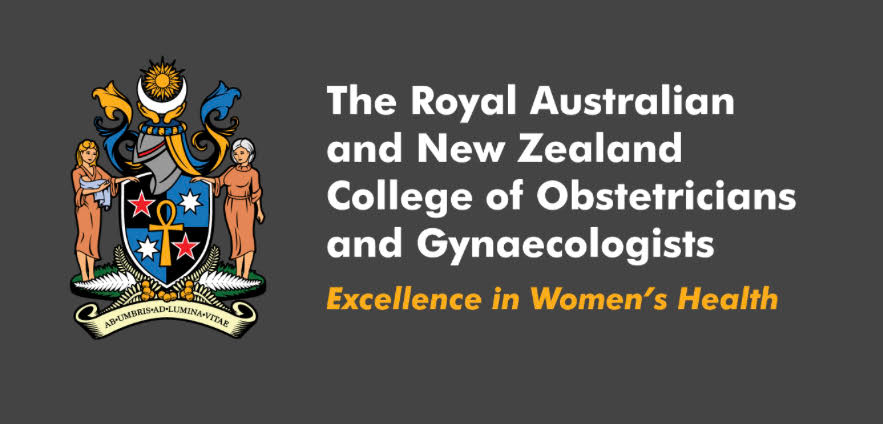

Progesterone is a hormone naturally produced in the second half of the menstrual cycle. It helps prepare the lining of the uterus for a pregnancy to implant and develop.
Progesterone is produced by the ovaries and as the pregnancy develops, the placenta takes over progesterone production. It is also essential to relax the enlarging uterus as the pregnancy progresses.
Treatment with Progesterone
Many IVF units will prescribe progesterone to maintain an early pregnancy as some medications used in the IVF cycle can reduce your natural progesterone levels. Progesterone is usually continued until 12 weeks of pregnancy.
Progesterone is also used for the treatment of threatened miscarriage. If a woman has one or more previous miscarriages and has vaginal bleeding the progesterone is administered up until 16 weeks of pregnancy.

Studies have shown an improvement in birth rates with the use of progesterone, with the benefit greater in women with 3 or more previous miscarriages.
Progesterone can also be used to prevent premature labour. The cervix will be measured at the 20-week anatomy ultrasound. It is normally more than 30mm long. If it is found to be shortened less than 25mm then the use of progesterone has been shown to reduce the risk of delivering before 33 weeks by 38%. A suture inserted around the cervix is sometimes used in addition to progesterone in women with a shortened cervix.
As progesterone is not absorbed orally it is administered as a vaginal pessary. Its use is well tolerated with NO effect on the developing baby.




